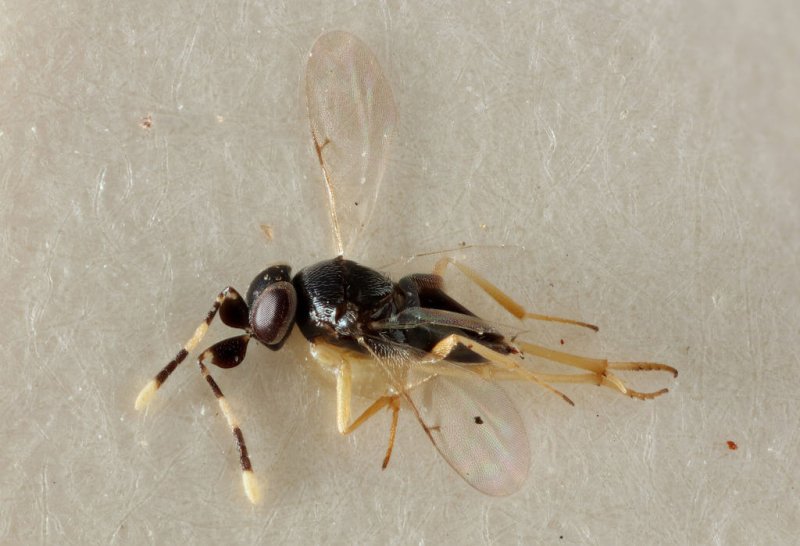Effective on-farm biological control can slow the pace of deforestation and avert biodiversity loss. This is what an international team involving entomologists, conservation biologists, agro-ecologists and geographers has just revealed. The results of this study have been published in Communications Biology – Nature.
Biological control of invasive species is often perceived as an environmentally risky practice. Yet it can restore crop yields and ease agricultural pressure on the environment, while contributing to forest conservation….This paper illustrates the positive impacts of a biological control process implemented in Southeast Asia against the cassava mealybug, Phenacoccus manihoti (Hemiptera).
The cassava mealybug, which arrived in Thailand in 2009, caused a decline of almost 20% in yields of cassava….This triggered sharp increases in cassava prices and an expansion of crop surfaces, to the detriment of forests. Deforestation rates subsequently doubled, and even increased six-fold in the neighboring countries. In 2010, the authorities introduced the host-specific parasitic wasp Anagyrus lopezi (Hymenoptera): the damage caused by the mealybug was reduced, the area needed for cassava crops contracted, and the pace of deforestation slowed.
“Thanks to almost real-time satellite imagery combined with statistical analyses, we have observed a 31-95% reduction in deforestation”, says Kris Wyckhuys, an agro-ecologist at the University of Queensland (Australia) and IPP-CAAS (China), and coordinator of the study.
Read full, original article: In the tropics, biological control can limit deforestation and biodiversity loss































